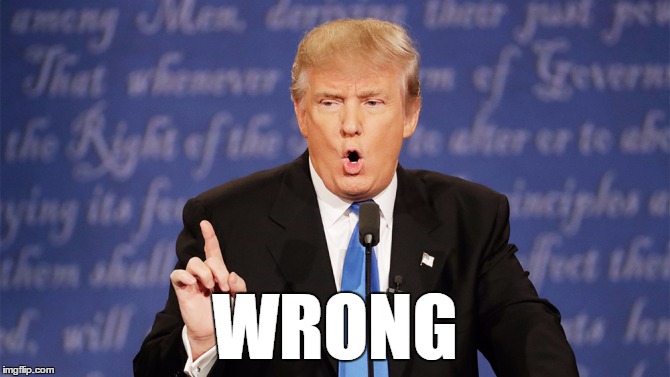To say the last 12-18 months have been ‘a challenge’ doesn’t come close to doing it justice does it? Attempting to summerise it in a pithy blog post isn’t gonna cut it either so I’ll steer clear of that too.
What this time has given me at least, is the opportunity to slow down and reflect on things.
When it comes to recruiting, there are many things I like about what I do but I’d also be lying if I said there weren’t some frustrations too. So, it’s with that in mind, I’ve decided to switch things up a bit when it comes to how I work.
My aim? To have a bigger impact. To be able to spend more time with people that are serious about moving forward and really leveraging my experience to get them closer to their goal. (whatever or wherever that might be).
In real terms, it means a more in-depth, personal approach with candidates and a more tailored, tiered way of working with businesses. It also means putting a definitive monetary value on what I do right from the start.
For candidates, I’ve come up with two offers for you that’ll get you up and running with a kick-ass CV and folio and ready to hit your job search like never before.
For businesses, you have three options where I’ll analyze your brief, talk you through how a recruitment process works and an offer to manage the entire process for you.
Wanna know more? Here’s some more detail…
CANDIDATES
In nearly 20 years of recruiting, I’ve met hundreds of people and seen literally thousands of CVs and portfolios, so I know what lands. If you're ready for a new challenge you can book me for a proper, in-depth, deep-dive, call-it-what-you-like, session where we’ll talk big picture hopes and dreams before drilling down into the micro habits and tasks you can do to get you started.
That means conversations about the roles, agencies, and organisations you’ve been dreaming of and then setting about putting together the type of CV and portfolio that’s gonna engage that audience.
From there, we’ll explore what you’re doing already, highlighting what’s working and identifying where you could make improvements. Portfolio wise, I can even come at you with examples and ideas of where you could take things next.
It might be a bit painful in parts, but I promise gentle, honesty and properly constructive criticism that’ll help you move forward.
Once you’ve got yourself a CV and portfolio to be proud of - something you’re absolutely itching to show - I’ll give you my best tips and tricks for making your approaches and how and when to get those all-important conversations started. I want you to leave our conversation feeling energised, motivated and ready to attack your job search like never before.
Sessions are available on Tuesdays and Wednesdays, lunchtimes or evenings and are priced at £99 or £149. Expect your session to last approximately 1hr (or however long it takes) with the option of a ‘check-in’ session scheduled at a later date to check on your progress.
If you’re a student, recent graduate or are currently unemployed, you can book me too and your session will be free of charge. Just drop me a line, let me know your circumstances and I’ll get back to you with a time.
CLIENTS
I’ve worked with stacks of successful creative businesses (and a few others too) so I’ve learned a lot about what it takes to build an effective team.
If you’ve never hired before, not sure who you need or where you need them, have been looking for ages, struggled to whittle down boatloads of applicants or you’re not attracting anyone at all, you can book me for a session where we’ll talk through what you need to do to get the problem solved.
Just like with a candidate, we’ll go back to the beginning and explore why you’re hiring, what type of individual you need (or think you need) and what you’ve done about it already.
I’ll analyze your brief, question things, explore compromises (there will need to be some) and nail down your non-negotiables. When we’re done with that part and you’re certain of the role you need to fill, we can set about how to pitch your offer to the right candidate (yes, the right candidate almost always needs to be pitched).
There might be some discomfort along the way - going over old-ground, facing up to the fact that not everybody knows (or is interested in) who/what you are and figuring out what’s been holding you back so far - but you’ll leave our conversation with a plan of action and have the confidence that the person you’re looking for is out there and you know how to track them down.
There are of course many other aspects to the recruitment process that you might want my help with - longlisting, candidate contacting, shortlisting, first-round interviews, interview guidance/coaching, brief setting, candidate feedback, offer management etc - but this initial consultation is always where we’ll start (and it might be all you’ll need) before discussions about additional services begin.
Sessions are available on Tuesday, Wednesday and Thursday afternoons and are priced at £250. Your session will last 1hr (or however long is necessary).
Depending on the scope of the project, costs associated with other services will vary.
So there we have it. Big changes ...kinda. And I’m really excited about how it’s going to work.
My diary is open from Monday the 24th of May so if you’re interested in booking a session or simply finding out more, follow the links, drop me a line or leave me a comment - I’d love to hear what you have to say.










































